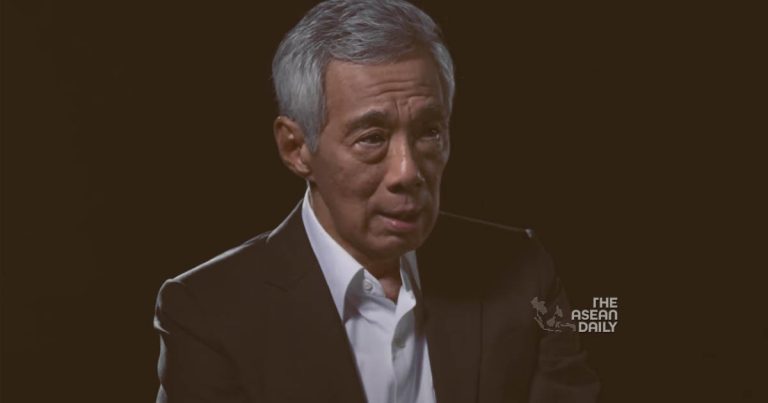16-8-2023 (SINGAPORE) In an exclusive interview with CNA, Prime Minister Lee Hsien Loong addressed the prevalent misconception that Singapore’s reserves are inexhaustible. While Singapore’s reserves are robust and versatile, the Prime Minister cautioned that the country’s spending demands are rapidly outpacing revenue growth, emphasizing the importance of prudent financial management and sustained efforts to bolster reserves.
Prime Minister Lee acknowledged that the reserves are a crucial cushion during difficult times, citing their pivotal role during the global financial crisis of 2008 and the subsequent challenges posed by the COVID-19 pandemic. Singapore utilized its reserves judiciously, providing essential support to its economy. However, he underscored that such unforeseen events could not be accurately predicted, and preparing for them required maintaining an ongoing commitment to building and safeguarding reserves.
The leader also touched upon the impact of the COVID-19 pandemic, asserting that it represents just one of many potential challenges that Singapore could face. He encouraged viewing the reserves as a form of “rainy day money,” to be accessed when necessary while striving to augment them in favorable economic climates.
Reflecting on Singapore’s journey from a nascent economy to its current affluence, Prime Minister Lee elucidated that the country’s rapid growth in the 1970s and 1980s allowed for the establishment of substantial reserves. However, he noted that replicating such a feat in the present day, with Singapore’s advanced economy, would be a monumental task due to heightened fiscal demands. The reserves, he said, provide a protective buffer, ensuring the nation can navigate economic challenges without sacrificing its progress.
Addressing the role of the fourth-generation political leadership, Prime Minister Lee highlighted their cognizance of the disparity between spending needs and returns from reserves. This awareness, he noted, was a driving factor behind the recent increase in the Goods and Services Tax (GST) to 9%, with further adjustments anticipated. The goal is to secure Singapore’s financial stability as it transforms into a superaged society by 2030.
The Prime Minister underlined the significance of the Net Investment Returns Contribution (NIRC) framework, which constitutes a significant source of government revenue, surpassing traditional taxes. The NIRC enables responsible utilization of investment returns while preserving a portion for future generations. Prime Minister Lee defended this approach, asserting that it strikes a balance between benefiting the current population and securing the nation’s future prosperity.
Discussing the management of Singapore’s reserves, Prime Minister Lee expounded on the roles of various entities, including the Monetary Authority of Singapore (MAS), Temasek Holdings, and GIC. He affirmed the relevance of their roles and the necessity of shielding them from political pressures to facilitate effective asset management. These entities play a pivotal role in growing and safeguarding Singapore’s financial resources, necessitating a hands-off approach from political leaders.




